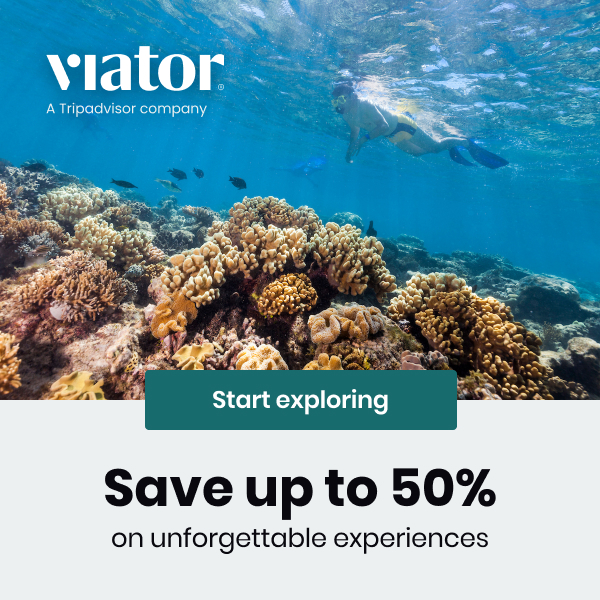The Rise of Food Influencers
Food as a niche in influencer marketing has been a source of driving awareness and business in the recent digital era, especially for food and beverage, restaurants, cafes and other hospitality businesses. From Instagrammers, Youtubers to vloggers, food influencers have rose to fame not with their eye-catchy OOTDs, but with their good eye for mouth-watering food and on point food styling and flatlays caught on camera and videos.

No wonder we've seen food influencers branching out into new style of content and even to startups to show the different facets of what a food influencer can do. Here are some recent examples:
Mukbang, anyone?
Who knew that watching someone eat would entertain the masses. Mukbang is a a video or live broadcast of a foodie eating, at times, abnormally large quantities of food, while the healthier version is What I eat in a day? styled videos, emulating, mostly, clean diets of celebrities and models.
Innovative foodtech startups
Food recommendation startups are no stranger to capitalizing the foodie trend, but now we have upstarts who are clearly defining their niche. Dot & Pin offers personalized restaurant recommendations based on a user's preferences and location, while Neon Coat provides a marketplace for fashion models to connect with brands, most of which are cafes and restaurants, with incentives to visit their physical stores and share their experience with their followers.
Cooking classes

Flatlay of ingredients for a salad
No wonder we've seen food influencers branching out into new style of content and even to startups to show the different facets of what a food influencer can do. Here are some recent examples:
Mukbang, anyone?
Who knew that watching someone eat would entertain the masses. Mukbang is a a video or live broadcast of a foodie eating, at times, abnormally large quantities of food, while the healthier version is What I eat in a day? styled videos, emulating, mostly, clean diets of celebrities and models.
Innovative foodtech startups
Food recommendation startups are no stranger to capitalizing the foodie trend, but now we have upstarts who are clearly defining their niche. Dot & Pin offers personalized restaurant recommendations based on a user's preferences and location, while Neon Coat provides a marketplace for fashion models to connect with brands, most of which are cafes and restaurants, with incentives to visit their physical stores and share their experience with their followers.
Cooking classes
Blogger chefs, like Alla Driksne, who have authority in the food world can naturally progress to providing cooking or baking classes in-person or online. With more demand of experiences as witnessed with the growth of Airbnb Experiences and many others, cooking classes is a way to turn a food influencer's passion and knowledge into a money making business.
Publish a book
Publish a book
Two types of books that food influencers mostly publish or collaborate with are (1) cookbooks and (2) recommendations guide. Cookbooks are, once again, natural extensions for those who focus on recipe creations and have a breath of online recipes that have had feedback from those who tried it, while a shorter yet more fun food guide is geared towards a food influencer who is well known in a particular city, such as Koko's Guide to Austin.
Present at events
Last but not the least, food influencers who are regularly speaking at events get a competitive advantage to those who are not. Not only are they building up press around their personal brand and their credibility in the professional food influencer circuit, they can also use this opportunity to increase their talent fee as a speaker in future events. For a newbie speaker, finding the appropriate event may take some digging and pitching a topic to speak about might be daunting. For instance, identifying a trend, such as sustainability and CBD infused foods, is important for a food influencer to market themselves appropriately. Attending specialty food events, such as the Fancy Food Show, is a good opportunity to connect with brands/food suppliers who are at the frontline of spotting food trends.
Present at events
Last but not the least, food influencers who are regularly speaking at events get a competitive advantage to those who are not. Not only are they building up press around their personal brand and their credibility in the professional food influencer circuit, they can also use this opportunity to increase their talent fee as a speaker in future events. For a newbie speaker, finding the appropriate event may take some digging and pitching a topic to speak about might be daunting. For instance, identifying a trend, such as sustainability and CBD infused foods, is important for a food influencer to market themselves appropriately. Attending specialty food events, such as the Fancy Food Show, is a good opportunity to connect with brands/food suppliers who are at the frontline of spotting food trends.








0 comments